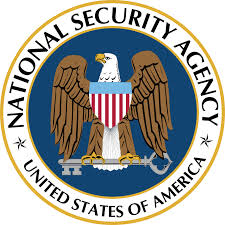 On Friday, a federal judge made a ruling that the National Security Agency’s collection of Internet and telephone records of Americans is legal. The judge called it a critical component of the government’s effort of combating the ongoing threat of terrorism.
On Friday, a federal judge made a ruling that the National Security Agency’s collection of Internet and telephone records of Americans is legal. The judge called it a critical component of the government’s effort of combating the ongoing threat of terrorism.
Judge William Pauley’s decision contrasted with an earlier ruling in December by Judge Richard Leon. It has increased the chance that this issue will not be resolved until it reaches the U.S. Supreme Court.
Leon granted an injunction against phone records collecting, saying the NSA programs likely violated the ban by the U.S. Constitution on unreasonable searches.
Pauley, in his 54-page opinion, said the program represented the counter-punch of the U.S. government to end the terror network of al-Qaeda by connecting fleeting and fragmented communications.
The Judge wrote that no evidence exists that the U.S. government had used the telephony data collected for any other purpose than for investigating and attempting to disrupt terrorist networks and attacks.
Furthermore, the judge maintained the program, which grabs large amounts of information is subject to congressional and executive oversight and monitoring by an international surveillance court.
In his ruling, Pauley dismissed the lawsuit brought by the ACLU, which sued after former NSA contractor Edward Snowden had leaked information of the secretive programs that critics claimed violate people’s privacy rights.
In last month’s hearings in New York, lawyers from the ACLU argued that the interpretation by the government of its authority of the Patriot Act has been so broad it could justify its mass collection of health, financial and even library records of Americans without them even knowing.
A lawyer for the government countered that by saying counterterrorism investigators did not find the majority of personal information of any use.
The judge did acknowledge that the collection system of data was far-reaching and sucked up information for nearly every telephone conversation within, to or from the U.S.
While acknowledging an existence of “natural tension” between preserving civil liberty and protecting the country, the judge said the sweeping system picked up large quantities of information and could have been helpful in connecting the dots prior to the attacks of 9/11.
